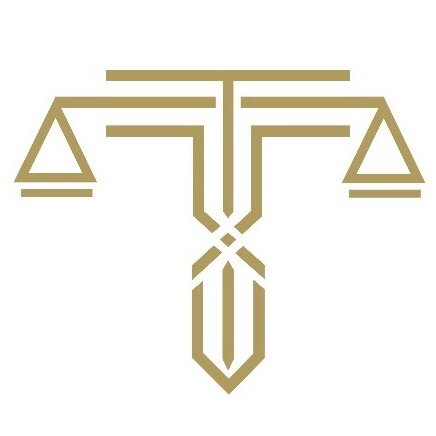Best Employment Rights Lawyers in Dammam
Share your needs with us, get contacted by law firms.
Free. Takes 2 min.
List of the best lawyers in Dammam, Saudi Arabia
Saudi Arabia Employment Rights Legal Articles
Browse our 1 legal article about Employment Rights in Saudi Arabia written by expert lawyers.
- Understanding the Saudi Arabian Labor Law for Employers
- Driven by projects like Vision 2030, Saudi Arabia's ambitious economic reform has produced a dynamic and ever more appealing environment for local and multinational companies. Effective management of human resources becomes a pillar of success as the private sector grows. But with such an opportunity also comes the great responsibility... Read more →
About Employment Rights Law in Dammam, Saudi Arabia
Employment Rights in Dammam, Saudi Arabia, are governed by the country's Labor Law, approved by Royal Decree M/51 enacted in 2005. This law outlines the roles and responsibilities of employers and employees including but not limited to work hours, wages, disciplinary rules, termination rules, women's and youth's rights in the workplace. It aims to ensure fairness, preserve the rights of both worker and employer, and facilitate a healthy and safe working environment.
Why You May Need a Lawyer
Common situations where an individual may require legal help with Employment Rights include the following: disputes regarding wages, working hours, unfair dismissal, discrimination, harassment, harmful work conditions and violation of contractual rights. It is essential to consult a lawyer to ensure you fully understand your rights and legal options are in such cases. They can also represent you in legal proceedings against your employer if necessary.
Local Laws Overview
The key aspects of the Saudi Arabian Labor Law that are particularly relevant to Employment Rights include regulations about work contracts, discrimination, minimum wage, maximum working hours, privacy rights, and grievances. The law promises equal pay for equal work, prohibits discrimination in the workplace based on sex, disability, or race, mandates limiting daily working hours to eight and weekly working hours to forty-eight, and obliges employers to provide safe and healthy working conditions for their employees.
Frequently Asked Questions
1. Does the law provide protection against wrongful termination?
Yes, the Saudi Labor Law stipulates detailed procedures for termination, ensuring the protection of the worker's rights, as well as scenarios of unfair dismissal.
2. Does the law mandate paid leaves?
Yes. The law designates annual leave, sick leave, Hajj leave, and maternity leave as paid leaves.
3. Are women legally allowed to work?
Yes. Women have the right to equal employment opportunities, and the law imposes several obligations on employers to provide a safe and respectful work environment for female employees.
4. What is the maximum duration for probationary periods in work contracts?
The maximum probation period is 90 days according to the Labor Law.
5. Can an employer deduct money from an employee's wages?
Any deductions from the wages of an employee without their consent are prohibited unless stipulated by the law for specific circumstances such as debt repayment or contributions to social services.
Additional Resources
The Ministry of Human Resources and Social Development (MHRSD) is a key government institution that manages labor relations, protects employment rights, and provides comprehensive information on the Employment Rights. They release periodic updates and publications related to employment rights in Saudi Arabia and uphold legal standards to maintain worker rights and interests.
Next Steps
If you believe that your employment rights have been violated, the first step is to get in touch with the HR department of your company or the workers' representative, if there is one. If the issue is not resolved, it is advisable to consult a lawyer for further steps. They will be able to guide you on how to file a complaint with MHRSD or even represent you in court if necessary.
Lawzana helps you find the best lawyers and law firms in Dammam through a curated and pre-screened list of qualified legal professionals. Our platform offers rankings and detailed profiles of attorneys and law firms, allowing you to compare based on practice areas, including Employment Rights, experience, and client feedback.
Each profile includes a description of the firm's areas of practice, client reviews, team members and partners, year of establishment, spoken languages, office locations, contact information, social media presence, and any published articles or resources. Most firms on our platform speak English and are experienced in both local and international legal matters.
Get a quote from top-rated law firms in Dammam, Saudi Arabia — quickly, securely, and without unnecessary hassle.
Disclaimer:
The information provided on this page is for general informational purposes only and does not constitute legal advice. While we strive to ensure the accuracy and relevance of the content, legal information may change over time, and interpretations of the law can vary. You should always consult with a qualified legal professional for advice specific to your situation.
We disclaim all liability for actions taken or not taken based on the content of this page. If you believe any information is incorrect or outdated, please contact us, and we will review and update it where appropriate.
















